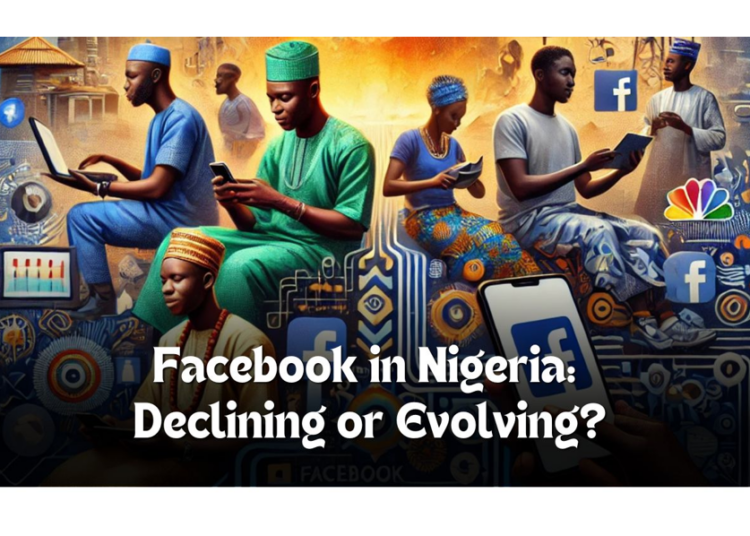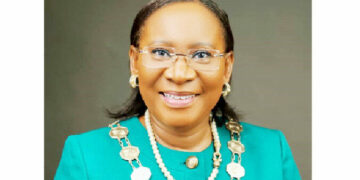For years, Facebook has played a significant role in Nigeria’s digital landscape. From social networking to business marketing and even political discourse, it has been a key platform for millions of Nigerians. However, with the rise of newer social media platforms like TikTok, Instagram, and X (formerly Twitter), many are questioning whether Facebook is still relevant in Nigeria or if its usage is declining.
How Facebook Usage Is Changing in Nigeria
While Facebook remains one of the most used social networks in Nigeria, its user demographics and engagement patterns are shifting. A detailed survey on Facebook’s relevance reveals that different age groups interact with the platform in various ways. Younger Nigerians are gravitating towards video-based platforms, while older users continue to rely on Facebook for communication, news, and business.
Facebook’s widespread use among small businesses, community groups, and digital marketers has kept it relevant despite competition from other platforms. The platform’s integration with WhatsApp and Instagram through Meta’s ecosystem further strengthens its presence in Nigeria’s social media scene.
The Role of Facebook in Nigerian Businesses
Facebook remains a crucial tool for Nigerian entrepreneurs and small businesses. Its targeted advertising capabilities and vast user base allow businesses to reach potential customers with ease. A recent report by MNV highlights that Facebook Ads continue to deliver value for businesses looking to scale in Nigeria’s growing digital economy.
Facebook Marketplace has also gained traction, allowing small business owners to connect directly with buyers without needing a dedicated e-commerce platform. Many Nigerian entrepreneurs use Facebook to promote their goods and services, leveraging features such as live selling and business pages.
Facebook’s Influence on Nigerian Politics and News Consumption
Beyond business, Facebook plays a vital role in political discourse and news dissemination in Nigeria. Many Nigerians rely on Facebook for updates on governance, elections, and public discussions. However, this also comes with challenges such as misinformation and political propaganda. A recent article discusses how Facebook remains a major news source despite the rise of competing platforms.
While some users appreciate Facebook as a platform for social activism and political discussions, concerns over misinformation have led others to explore alternative sources for news and engagement.
Challenges Facing Facebook in Nigeria
Despite its continued relevance, Facebook faces multiple challenges in Nigeria:
- Younger Generations Shifting to Other Platforms
- Nigerian Gen Z and younger millennials are increasingly moving to TikTok, Instagram Reels, and other platforms that prioritize video content and real-time interactions.
- Privacy and Data Security Concerns
- Facebook has faced scrutiny worldwide regarding data privacy, leading to growing concerns about user security and information misuse.
- Competition from Local and Global Platforms
- With the rise of locally popular platforms and international competitors, Facebook must continue to innovate to retain Nigerian users.
Why Facebook Remains Relevant in Nigeria
Despite these challenges, Facebook still holds a strong position in Nigeria’s social media ecosystem for several reasons:
- Community Building: Facebook Groups remain a powerful tool for creating digital communities, whether for business networking, religious groups, or local support networks.
- Business and Advertising: Many Nigerian entrepreneurs still rely on Facebook Ads and Marketplace to grow their businesses.
- News and Information: Facebook remains an important platform for accessing news, discussions, and real-time updates.
The Future of Facebook in Nigeria
As digital habits evolve, Facebook will need to adapt to maintain its relevance in Nigeria. Key strategies for the platform’s future include:
- Incorporating More Video Features: Expanding Facebook Reels and live streaming to appeal to younger users.
- Stronger Misinformation Controls: Addressing concerns over fake news by improving content moderation and fact-checking features.
- Enhanced User Privacy Measures: Strengthening security policies to regain user trust and ensure safer interactions online.
Conclusion
While Facebook is no longer the undisputed king of social media in Nigeria, it remains a crucial platform for communication, business, and news consumption. Whether it will continue to thrive or decline depends on how well it adapts to changing user preferences and competition.
Do you still use Facebook in Nigeria? Share your thoughts on whether the platform is still valuable or if it’s time to move on to newer alternatives.





